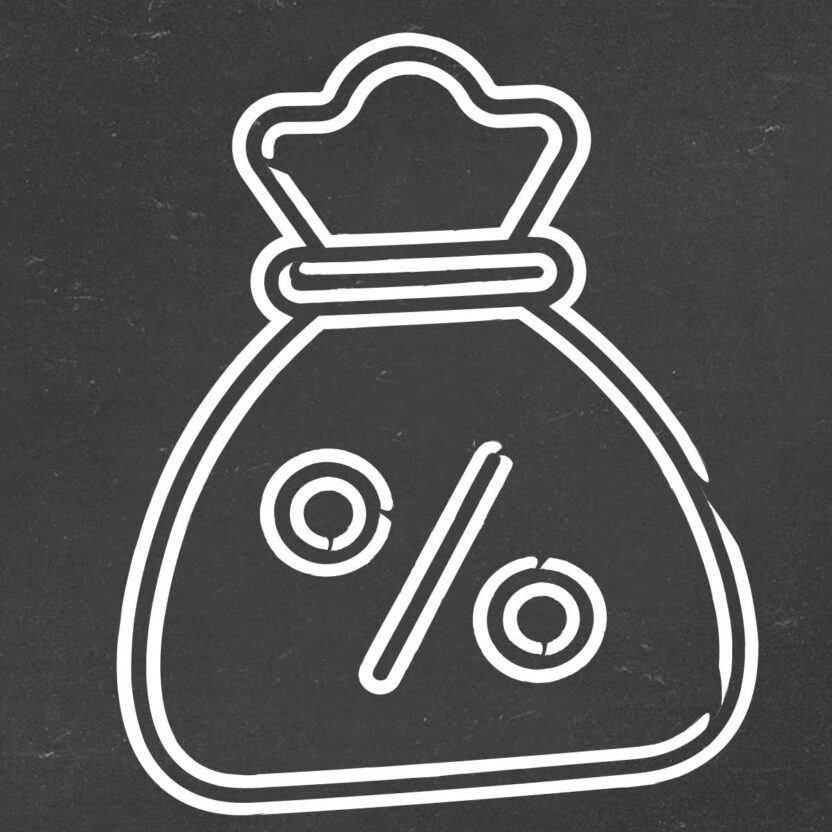
Back to the Basics: Retire Your Debts Before Retirement?
Before retirement, most people would like to pay off any remaining debts, so they can feel good going into that next phase of life all tidied-up. That makes a lot of sense, both financially and psychologically. In a recent meeting, we not only discussed this but put a plan together that was well received by the family, so we thought we’d share it with you here.
In this instance, there was a lingering debt that had funded a very fun and useful item, but the debt itself was just dragging them down emotionally and they wanted it gone. In this particular case, the couple had a number of different investment accounts, some IRAs (‘tax-qualified’) and a joint non-qualified account. The joint account was invested in half stocks and half bonds, and the purpose of the account was for rainy days, just-in-case money. The retirement accounts (IRAs) were intended for future retirement income, and had never been taxed before.
Looking closer at the joint, non-IRA account, we could see that there were bonds in the mix, some of which were fairly low-yielding bonds. They were the safest part of that account’s investments. Interestingly, those safe bonds were yielding a lower rate of return than the rate of interest being paid on that lingering debt the couple wanted to rid themselves of before retirement. In other words, they were earning less on that portion of their investment account than they were paying to service the debt. Bingo!
As a result, they chose to withdraw a portion of their joint, non-IRA account to pay off the debt, which allowed them to keep more of that investment account in slighter higher risk – and potentially higher growth – investments while freeing themselves from the debt they had grown to hate. This is just one example of finding money that may be falling through the cracks.
The dramatic change in interest rates recently has had the effect of shifting savings and debt-paying priorities. On top of that, investment portfolios have changed as well. These new developments can cause decisions that were once no-brainers to look a bit different in this environment. For example, is it still wise to pay off a mortgage with a 3% interest rate when money market funds are earning 5%? And how about the effect of taxes on these decisions?
If the thought of a debt-free retirement makes you giddy, and if tidying-up your financial affairs is overdue, shoot us an email or give us a call. It’s quite possible that there’s a solution for whatever it is that’s nagging at you; it may just take a magnifying glass and another set of eyes to find it.
Heading into retirement debt-free is an incredible goal and is within reach of a lot of people who may not even realize it.
There may also be reasons to hold onto a debt or two during these unique times. Let us know if this is an area you’d like to discuss. Just give us a call and we’ll see what it’ll take to rid your life of those pesky remaining debts once and for all.

